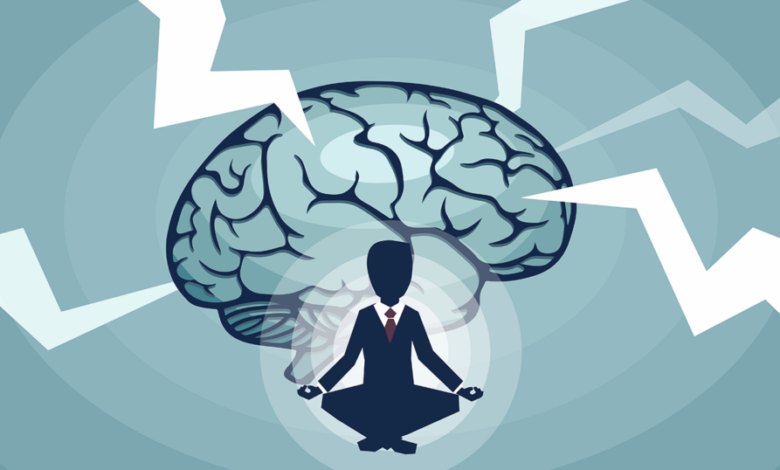The Role of Emotional Intelligence and Mindfulness in Addiction Recovery

In the journey toward overcoming addiction, emotional intelligence (EI) and mindfulness have emerged as powerful tools. These strategies go beyond traditional treatment methods, offering a deeper level of healing by addressing the emotional and psychological roots of addiction. Understanding and harnessing these skills can profoundly impact an individual’s ability to maintain sobriety and build a fulfilling life.
Understanding Emotional Intelligence in Recovery
Defining Emotional Intelligence
Emotional intelligence is the ability to understand, use, and manage one’s own emotions in positive ways. In the context of addiction recovery, it involves recognizing the emotional triggers of substance abuse, regulating negative emotions, and developing healthier coping mechanisms.
The Impact of EI on Recovery
Enhanced emotional intelligence allows individuals to better handle stress, communicate effectively, empathize with others, and overcome challenges. By fostering self-awareness and emotional regulation, individuals are better equipped to face the complexities of recovery and omgblog prevents relapse.
The Power of Mindfulness in Healing
What is Mindfulness?
Mindfulness is a practice of being present and fully engaged with whatever we’re doing at the moment — free from distraction or judgment. It involves a conscious awareness of our thoughts, feelings, bodily sensations, and the surrounding environment.
Mindfulness in Addiction Treatment
Mindfulness techniques can help individuals in recovery tune into their experiences and recognize the cravings and emotions that might trigger substance use. By adopting a mindful approach, individuals learn to observe their thoughts and feelings without judgment and develop a deeper understanding of their behaviors and triggers.
Integrating EI and Mindfulness into Treatment
Developing Emotional Awareness
Programs that focus on building emotional intelligence start by helping individuals recognize and label their emotions accurately. This awareness is crucial for understanding the link between feelings and addictive behaviors.
Emotional Regulation Strategies
Once individuals are aware of their emotions, they can begin to learn and apply strategies for regulating them. Techniques may include deep breathing, meditation, or progressive muscle relaxation. These methods can be particularly effective when combined with mindfulness practices.
Mindfulness-Based Relapse Prevention
Mindfulness-based relapse prevention (MBRP) is a therapeutic approach that integrates mindfulness practices with traditional relapse prevention strategies. It teaches individuals how to handle discomfort without automatically resorting to substance use.
Building Empathy and Social Skills
Emotional intelligence also involves empathy and effective social interactions. Recovery programs may include group therapy or social skills training to enhance these aspects of EI, helping individuals build supportive relationships that foster long-term recovery.
The Benefits of EI and Mindfulness in Recovery
Enhanced Self-Control and Decision Making
By understanding and managing their emotions, individuals can make more thoughtful decisions and exert greater control over their actions and reactions, key factors in maintaining sobriety.
Reduced Stress and Anxiety
Both emotional intelligence and mindfulness are effective in reducing stress and anxiety, common triggers for relapse. They provide individuals with tools to cope with negative emotions in a healthy and constructive way.
Improved Relationships
As individuals develop greater emotional intelligence, they often experience improved relationships with friends, family, and peers. These supportive relationships are vital for a successful recovery journey.
Choosing the Right Program
When considering a recovery program, look for a drug rehab center that integrates emotional intelligence and mindfulness into their treatment offerings. Facilities that embrace these approaches provide individuals with a comprehensive set of tools for overcoming addiction and building a healthy, fulfilling life.
Conclusion: A Holistic Approach to Recovery
Emotional intelligence and mindfulness offer powerful pathways to healing in addiction recovery. By understanding and managing their emotions, and by being present and mindful in their daily lives, individuals can build a strong foundation for long-term health and sobriety. As part of a comprehensive treatment plan, these practices empower individuals to navigate the challenges of recovery and embrace a brighter future.





